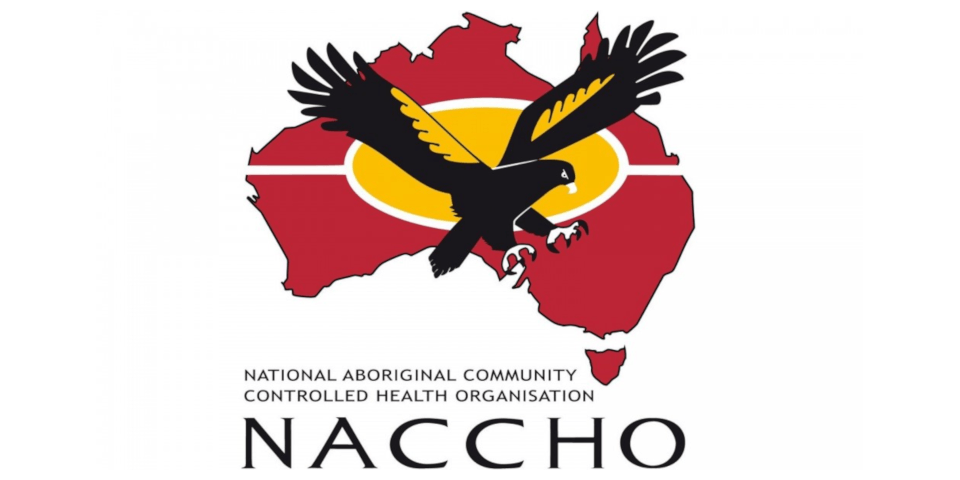Aboriginal and Torres Strait Islander patients must be ensured culturally safe primary healthcare services in rural, regional and remote areas and this must be a priority for the federal government, say two health industry groups.
The Pharmacy Guild of Australia and the National Aboriginal Community Controlled Health Organisation (NACCHO) are seeking a clear and timely commitment from the major political parties to reform the Indigenous Pharmacy Programs to provide better healthcare access and services for Aboriginal and Torres Strait Islander patients in these regions.
NACCHO Acting Chair Donnella Mills says that while the Indigenous Pharmacy Programs have improved medicines access and use for Aboriginal people across Australia, still more needs to be done.
“NACCHO member services continue to provide feedback on the urgent need to reform these programs,” she said. “There are still patients who are not serviced effectively by these programs and some who are falling through the gaps.
“Medicines access for Aboriginal people is still below that of the overall Australian population and access is not commensurate with the burden of disease that Aboriginal and Torres Strait Islander people suffer.
“Through our members’ feedback and the Indigenous Pharmacy Programs review, we know how the system needs to be improved. Now it’s time for political leaders to act.”
Pharmacy Guild National President George Tambassis says community pharmacies are a key component of primary healthcare for Aboriginal and Torres Strait Islander people.
“To date significant gains have been achieved through the current Indigenous Pharmacy Programs and successful and sustainable partnerships between indigenous health services and community pharmacies have helped to provide services for Aboriginal people that improve health outcomes and assist in ‘closing the gap’,” he said.
“But we need to do more, and we need to reform the Indigenous Pharmacy Programs to move with the changing needs of these patients and the changing health environment of their communities.”
The Guild adds that integrated, comprehensive pharmaceutical care is the requisite standard that should be delivered to Aboriginal and Torres Strait Islander people living in urban, regional and remote Australia, who should have equitable access to medicines, pharmacy programs and Quality Use of Medicines services regardless of where they live.
To achieve this, the Guild says the following reforms to improve Indigenous Pharmacy Programs must be regarded as mandatory by any incoming government.
- Expand the authority to write Close the Gap scripts for all prescribers.
- Make the Close the Gap client registration process more straightforward and accessible.
- Link medicines subsidy to individual clients and not practices through a national identifier.
- Improve how remote clients can receive fully subsidised medicines in non-remote areas.
- Increase and better target funding for Quality Use of Medicines for Aboriginal and Torres Strait Islander people and health services.








